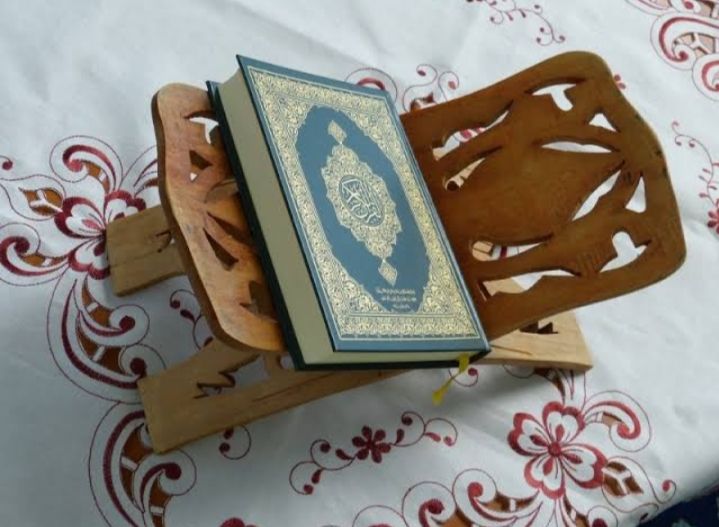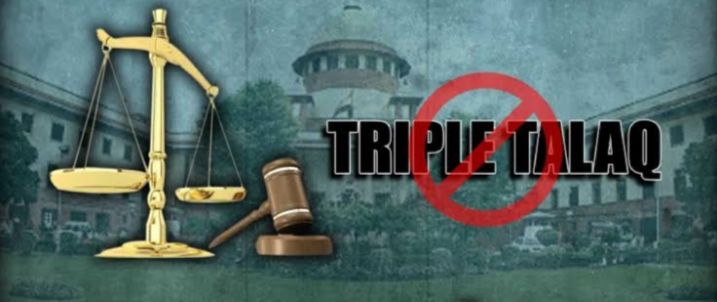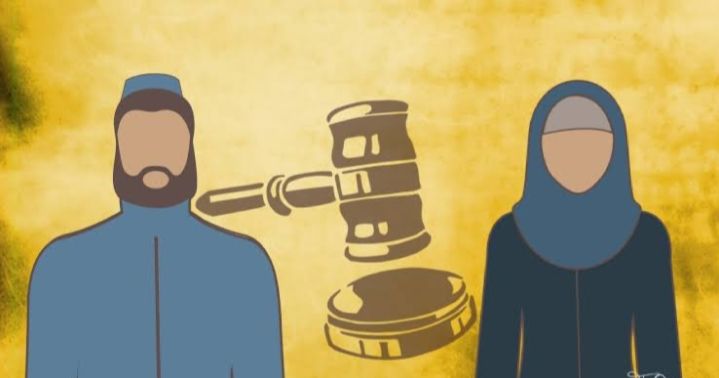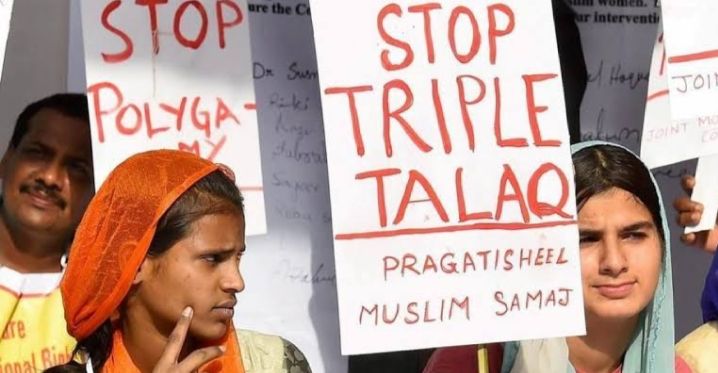Triple Talaq (Talaq-E-Biddat)
Apr 18, 2019 • 55 views
What is Triple Talaq?
Triple Talaq is also known as talaq-e-biddat i.e. instant divorce and tapaq-e-mughallazah , is a form of Islamic divorce which has been used by Muslims in India. It is a form of marriage dissolution in Muslim law, where a husband can give the divorce to his wife of stating Talaq three times in one go.

Historically, the rules of divorce were governed by the Sharia as interpreted by traditional Islamic theory. It is largely disappointed by Muslim legal scholars.
The man did not need to file any case for the divorce and the wife did not need to be present at the time of the of court. After a period of iddat, during which it was found whether the wife is pregnant, the divorce became ireversible.
This is not mentioned in the Quran and the Sharia law. As per quran, marriage is intended to be unlimited in time the relationship between the spouses should ideally be based on love and the important decision. The questioning the practice have raised issues of Justice, gender equality, human rights and secularism.

Law taken to supreme Court-
The Supreme Court on August 22, 2017 declared the practice of triple talaq as unconstitutional and stated that it was vocative of Article 14 and 21 of the Indian Constitution. The three judges on the 5 judge Constitution bench decided against triple talaq while two ruled in favor.
The Law further states, that triple talaq in any form — spoken, in writing or by electronic means such as email, SMS or WhatsApp — would be banned.

Several women's rights groups have also spoken out against the practice and its ill effects, especially on the women of the Muslim community. On the other hand, the Muslim Law Board has consistently said that triple talaq is a 'personal law' and thus, cannot be modified by the Central Government. The issue has given rise to a debate on the need for a Uniform Civil Code in India.

What all culture it follows-
The Quran allows polygamy with strict conditions, but polygamy is the least among Indian Muslims when compared with other religious groups.
Triple talaq, nikah halala and polygamy are practices which impact the social status and dignity of Muslim women and give them unequal and unfair as compared to men belonging to their own community women belonging to other communities and also Muslim women outside India. Article 25 of the Constitution which confer the right to practice, preach and propagate religion are "subject to the provisions of Part III", which means that it is subject to Articles 14 and 15 which guarantee equality and non-discrimination.

Gender equality, gender equity and a life of dignity and status is an over reaching constitutional goal.
